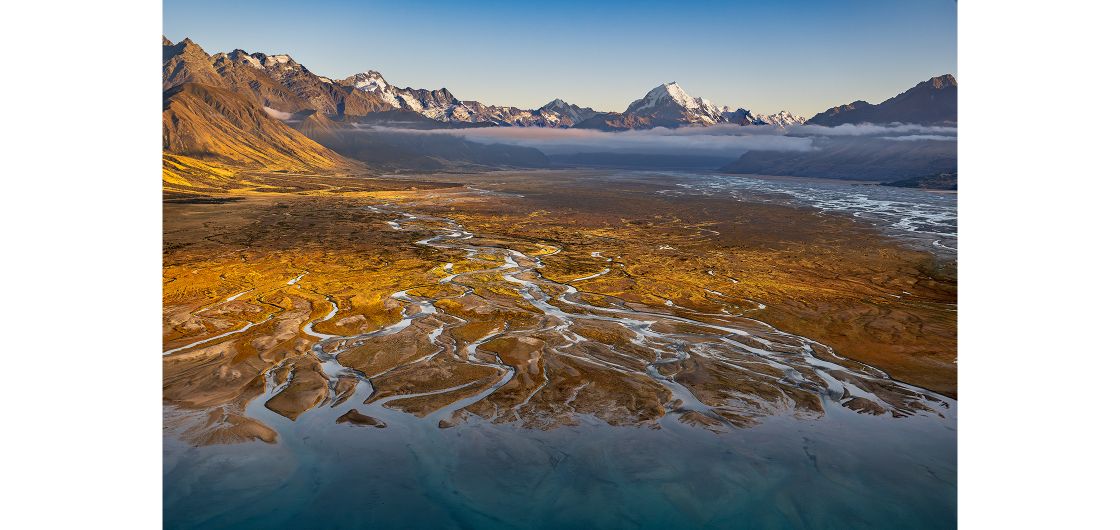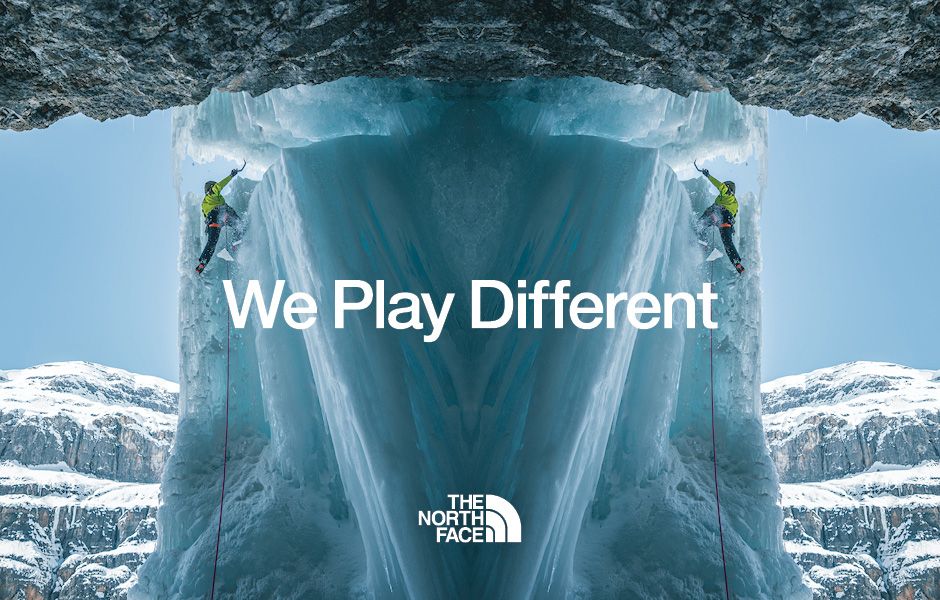
Arowhenua, Aoraki & Mountaineers: A Research Project - Intro
This series of articles first appeared in New Zealand Alpine Journal #79 (autumn, 2024). The other articles in this series can be found here.
A couple of years ago, Karen Leacock at the New Zealand Alpine Club identified that the club spends more money helicoptering human waste out of the mountains than it receives in hut fees. This is a non-sustainable situation for obvious financial reasons and also creates an unnecessary contribution to the club’s carbon footprint. Karen and the NZAC were interested in alternative solutions and Richard Wesley (huts convenor and also chair of Leave No Trace New Zealand), suggested that this could be a shared project. Alongside a team from the University of Canterbury including Chris North (co-lead), Toni Torepe (co-lead and Te Rūnanga o Arowhenua), Te Hurinui Karaka-Clarke (Ngai Tahu) (Faculties of Health and Education), Lynette McLeod and Don Hine (Psychology) and Derrick Taff (Leave No Trace researcher from the USA) we developed some initial ideas.
There are important Māori cultural dimensions to the problem of the human waste of mountaineers, particularly when considering this is happening in Aoraki/Mt Cook National Park. We reached out to Te Rūnanga o Arowhenua who indicated they would be interested in supporting this project and Michael McMillan joined the project as cultural advisor for Arowhenua.
The project received funding and support from different organisations including Tūpiki Trust, University of Canterbury (Biosecurity Innovations Cluster and Vision Mātauranga Development fund), Leave No Trace New Zealand and the Alpine Club.
Over the next few articles, you will see brief summaries of different phases and branches of the project. These are:
Phase 1: Mātauranga Arowhenua- understanding the values and protocols of Arowhenua people relevant to Aoraki, mountaineers and human waste. (Toni Torepe)
Phase 2: Survey of Mountaineers-insights into the current practices and attitudes of mountaineers towards human waste. (Lynette McLeod)
A case study with four mountaineers and four Arowhenua whānau taking five days to experience places from the mountains to the sea (ki uta, ki tai). (Chris North)
A research project into human waste disposal in the mountains (Karen Leacock)
We are building a solid foundation from which to better understand the problem so any solutions can be more durable and less problematic. It is clear that the mountaineering community hold strong views on this topic, but arguably, not as strong as the Arowhenua whānau. We have not designed or developed a product and process yet, but that is the intention. We look forward to further conversations as this project progresses.
